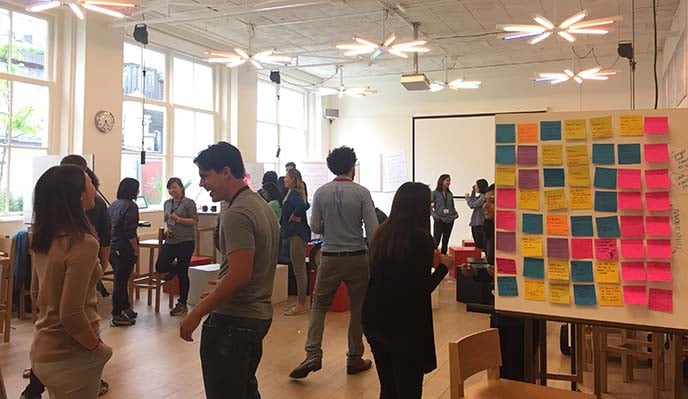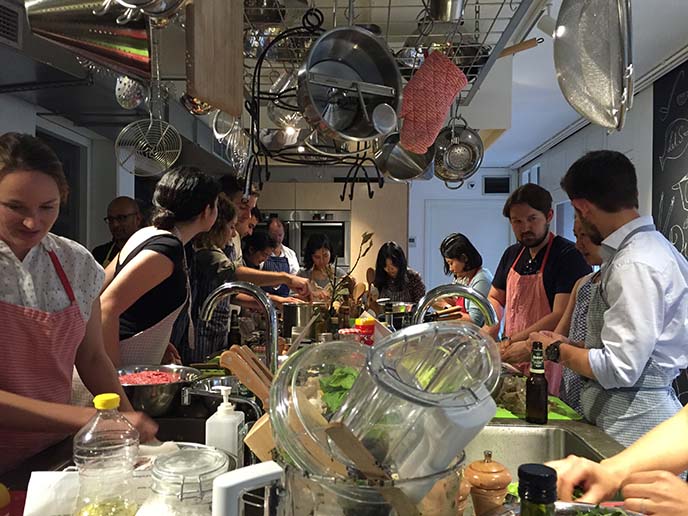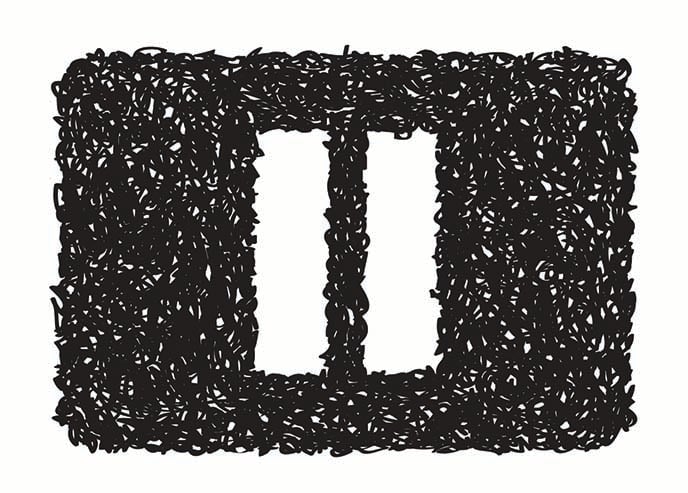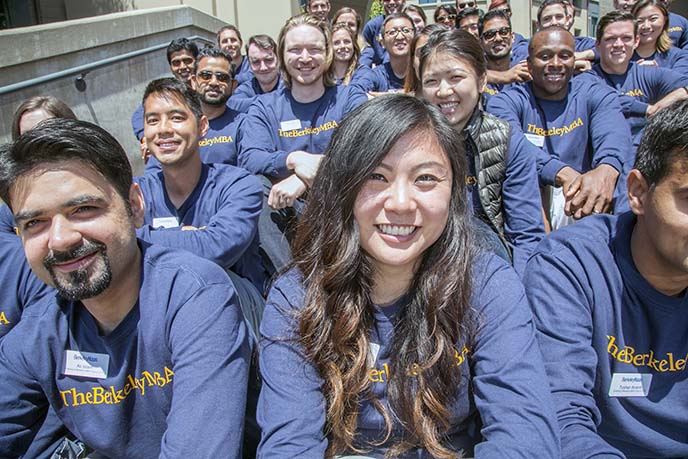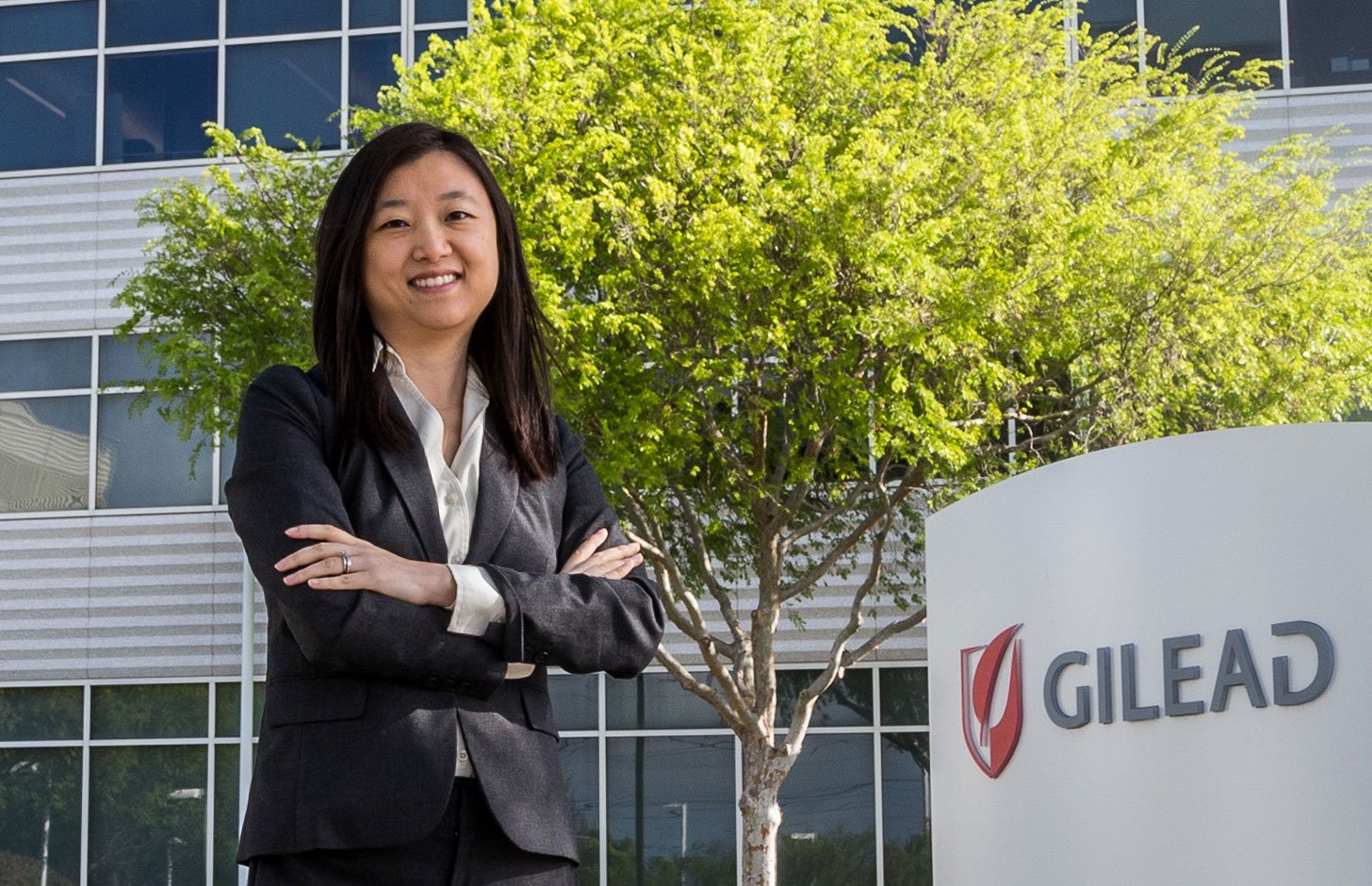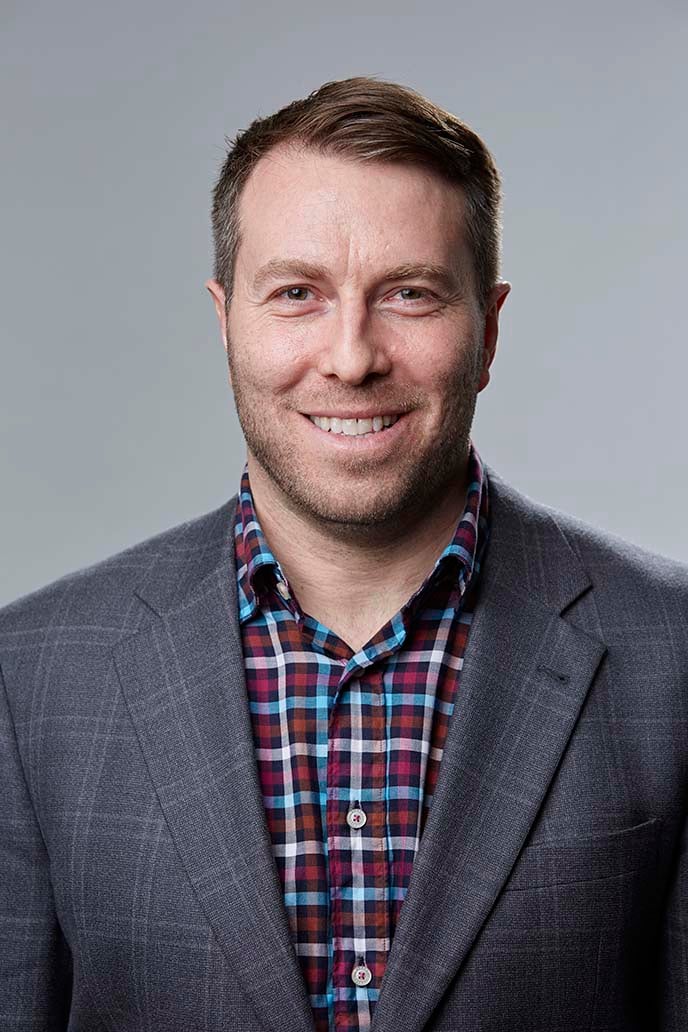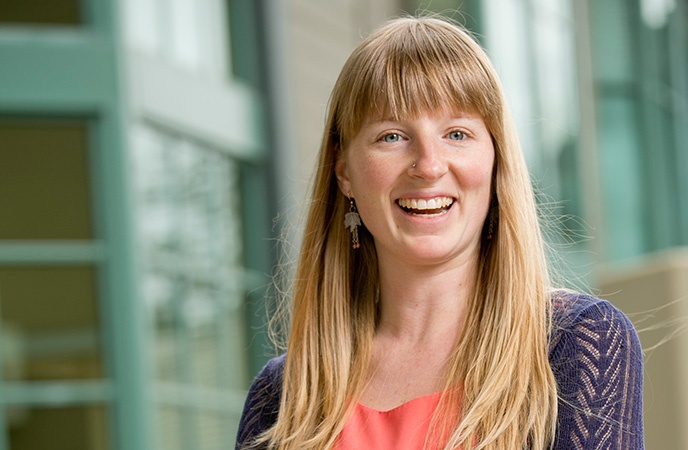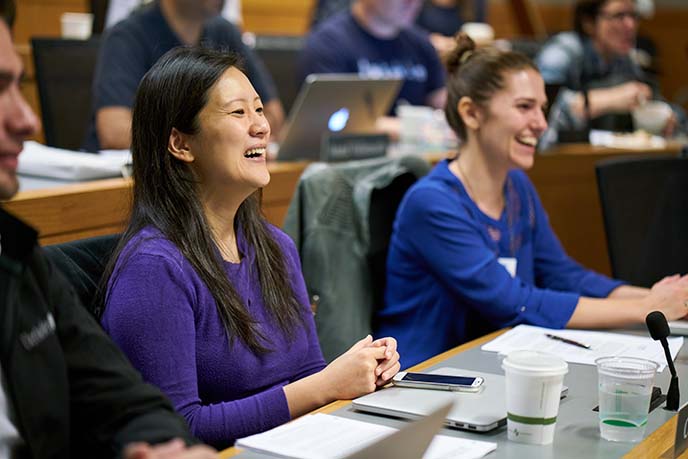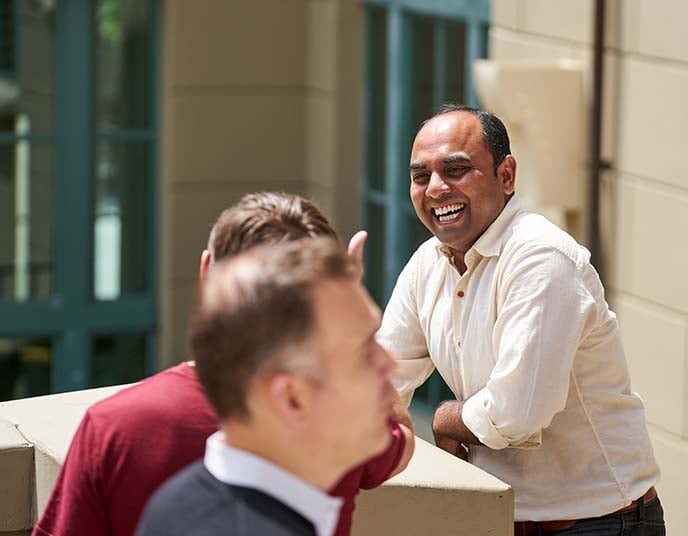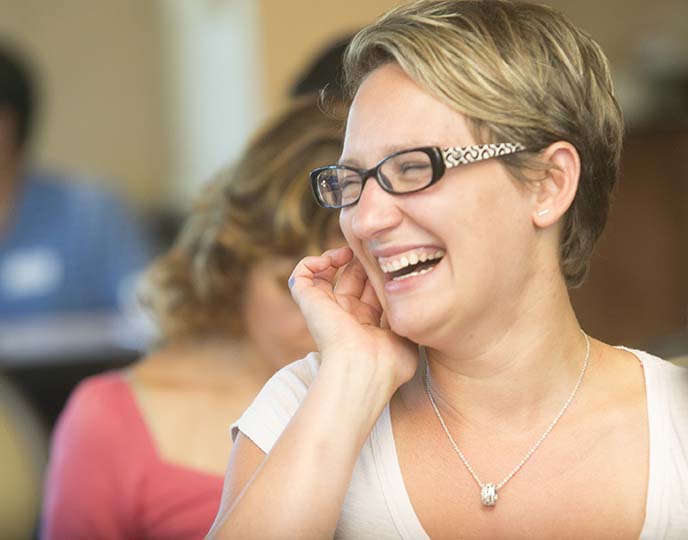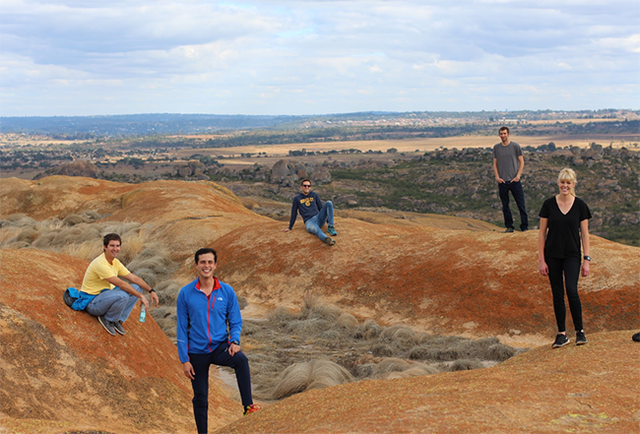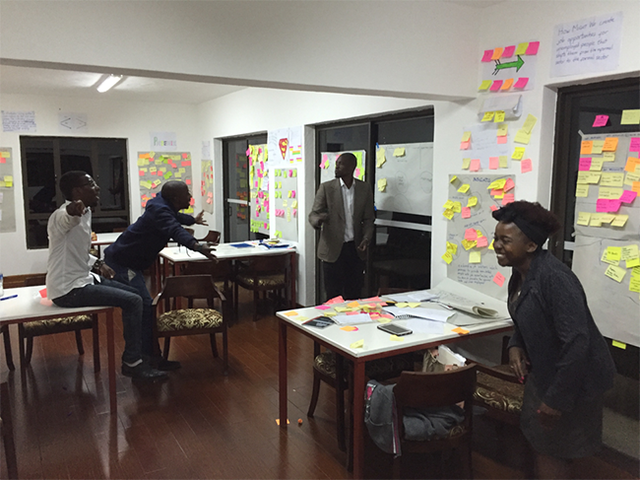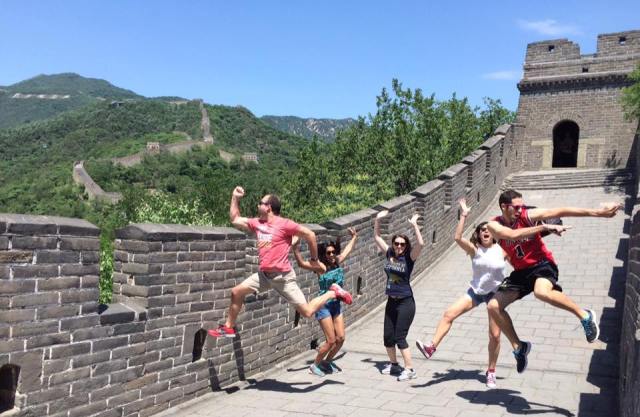Events & Promotions
|
|

GMAT Club Daily Prep
Thank you for using the timer - this advanced tool can estimate your performance and suggest more practice questions. We have subscribed you to Daily Prep Questions via email.
Customized
for You
Track
Your Progress
Practice
Pays
Not interested in getting valuable practice questions and articles delivered to your email? No problem, unsubscribe here.
- Nov 20
07:30 AM PST
-08:30 AM PST
Learn what truly sets the UC Riverside MBA apart and how it helps in your professional growth
Kudos
Bookmarks
Archived 'Calling All Berkeley Haas Applicants' Topic
Hi there,
You've reached an old 'Calling All Berkeley Haas Applicants' discussion which is now
outdated and has been archived. No more replies are possible here.
Looking for the latest discussion? Check out this up-to-date Calling All Berkeley Haas Applicants
Discussion
for the most recent conversations on this topic.
Interested in more from this school? Visit our dedicated
Berkeley Haas Forum
to dive into all things related to Berkeley Haas's MBA program.
Thank you for understanding, and happy exploring!
Kudos
Bookmarks
Welcome to all prospective Berkeley Haas full time MBA applicants to the Class of 2019 discussion. Use this platform to know each-other, build network, exchange ideas/information, discuss application strategies, share interview /school visit experiences, and boost one-another's morale to face the tough admission process.
Good luck to all!
Good luck to all!
Kudos
Bookmarks
Berkeley-Haas 2016-17 Application Essays
Required Essays
Essay #1
If you could choose one song that expresses who you are, what is it and why? (250 words maximum)
Your song can be in any language, from any culture, and does not need to contain lyrics. The strongest responses will focus on answering why this song expresses who you are.
Essay #2
Please respond to one of the following prompts: (250 words maximum)
- Describe an experience that has fundamentally changed the way you see the world and how it transformed you.
- Describe a time when you were challenged by perspectives different from your own and how you responded.
- Describe a difficult decision you have made and why it was challenging.
In your response, clearly indicate to which prompt (1, 2, or 3) you are responding. We do not have a preference among the prompts and suggest that you select the one for which you can share a specific experience, professional or personal.
Essay #3
Tell us about your career plans. How have your past experiences prepared you to achieve these goals? How will Berkeley-Haas help you? (500 words maximum)
You are encouraged to reflect on what it is you want to do after business school, including the types of roles, responsibilities, and organizations that are of interest. Through this essay we hope to learn about your professional journey to date and how an MBA will facilitate your success - broadly defined - in the future.
Optional Essay
Use this essay to share information that is not presented elsewhere in the application, for example:
- Explanation of employment gaps or academic aberrations
- Quantitative abilities
- For re-applicants, improvements to your candidacy
Essay Analysis and Tips from EXPARTUS
Haas’ essay section is longer than those of many other schools, and several questions have multiple parts. Make sure that you allocate enough space to each part or point of the question.
The first question is among the more creative questions B-schools are asking MBA applicants to tackle this year. The broad range of choices available – there are millions of songs in the world – makes it a tough one to answer.
– Focus on the why first: If you are overwhelmed thinking of the number of songs you could choose, try working backwards. Think about the attributes and character traits that best express your unique identity and what you want to share with admissions officials. The question directs you to focus on the “why,” so start there. What are the most important aspects of your personality and attitude that you want to share? Once you know that answer, it will be easier to choose a song.
– Put the song in context: Imagery is such a powerful literary device. Consider offering the admissions officials a vivid mental image of the role this song has played in your life. Perhaps you remember your mother singing it. Maybe you listen to it during long runs. Whatever it is, use a sentence or two to create a vivid mental picture.
– Apply the song to your professional outlook: Whatever attitude or trait the song is expressing, it has likely impacted your professional outlook and attitude in the business world. Connect the dots for admissions officials. Show them how the attributes that your song choice reflects are also reflected in your professional life.
The second question allows you to choose a specific experience to convey to the admissions committee – one that changed your perspective, challenged you to embrace diversity or forced you to make a tough choice.
– Highlight something new: Haas gives you three essays. Make sure that your answers are not redundant. For this question, choose the prompt that best allows you to highlight a theme you will not be able to fully address in the other two essays.
– Create a narrative arc: For this question, try using a classic narrative progression: problem, solution, proof. Describe the problem or challenge you encountered, explain your reaction and decision-making process, and show how it changed your outlook and future actions.
– Make every word count: You only have 250 words here, and you will likely have a lot of narrative to convey. If you need to, write a longer draft to get your thoughts down on paper. Then, go back and study each sentence to see if it is necessary or could be said more concisely. In the end, every word should clearly advance your narrative.
Haas’ last essay question is an MBA standby. Use it to convince the admissions committee that Haas should be a part of your career.
– Name drop: We’re not asking you to name famous people, but you should name industries, companies and organizations that are important to your future plans. Be as specific as you can. Name companies that you admire, share why you admire them and how you hope to incorporate those priorities into your career.
– Take a walk down memory lane: Haas specifically asks to learn about your professional journey up until this point. You don’t need to outline your whole resume, but you should hit the high points, and even more importantly, share why you made key career choices along the way.
– Define success: Haas’ tips for this essay state that they hope to learn how an MBA will facilitate your success – broadly defined – in the future. They are not just talking about financial or even professional success. They want to know what success means to you – professionally and personally – and how your definition fits with Haas’ definition of successful alumni.
Because Haas gives you relatively few words per question, outline each essay question and carefully notice which key factors of your personal brand will shine through in which essays. This will allow you to convey the information you need to share as concisely and powerfully as possible.
- See more at: https://gmatclub.com/blog/2016/06/haas-s ... zEZou.dpuf





